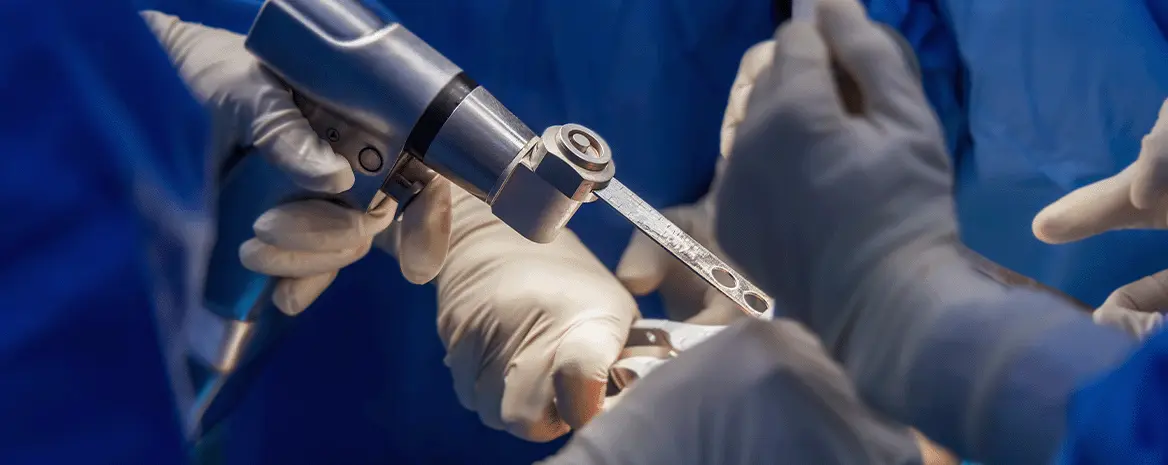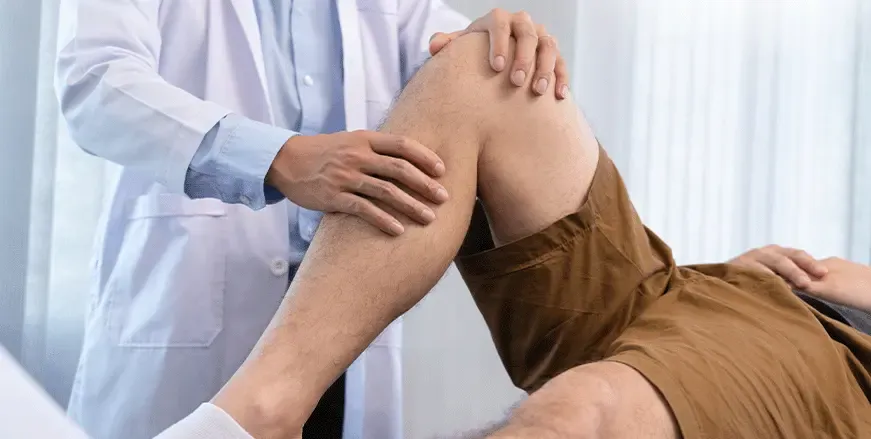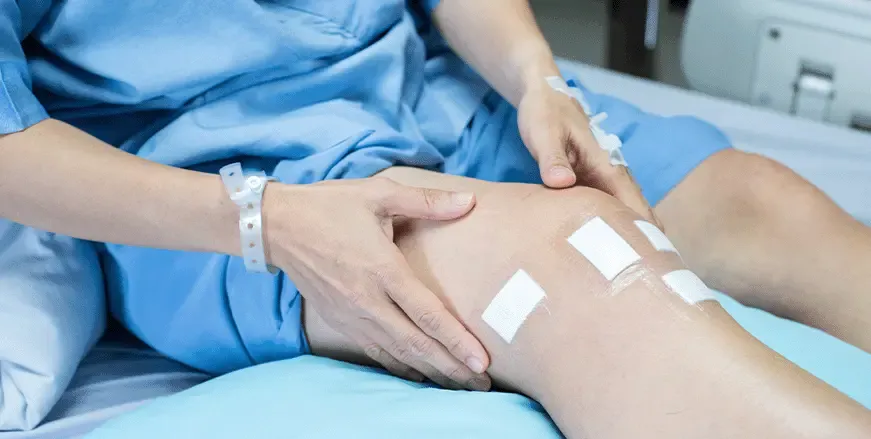A Comprehensive Guide to ACL Surgery: Options, Risks, and Recovery

Understanding ACL Surgery: What You Need to Know
Introduction
ACL injuries are becoming increasingly prevalent, especially among athletes and physically active individuals. Understanding your options can significantly influence your treatment outcome and quality of life. This guide aims to address commonly asked questions about ACL surgery.
Understanding the ACL and Its Importance
The Anterior Cruciate Ligament, or ACL, is one of the key ligaments in your knee, providing stability and range of motion. A tear or sprain in this ligament is a common sports injury and can significantly impair your knee function.
What are the Available Treatment Options for My Condition?
ACL injuries range from minor tears to complete ruptures. The treatment depends on several factors like the severity of the injury, your age, and activity level.
-
Non-Surgical Treatment: Physical therapy and wearing a knee brace are initial treatment options. These are particularly relevant for minor tears or for individuals who lead a less active lifestyle.
-
Surgical Treatment: This is often recommended for complete ruptures or for those who wish to return to high-impact sports.
 Is Surgery My Only Option, or Are There Alternative Treatments?
ACL reconstruction surgery is often recommended for athletes or highly active individuals. However, if you have a low activity level or have a minor tear, conservative management like physiotherapy may be sufficient. Always discuss your lifestyle and needs with your orthopedic surgeon to decide the best course of action.
Is Surgery My Only Option, or Are There Alternative Treatments?
ACL reconstruction surgery is often recommended for athletes or highly active individuals. However, if you have a low activity level or have a minor tear, conservative management like physiotherapy may be sufficient. Always discuss your lifestyle and needs with your orthopedic surgeon to decide the best course of action.
What Are the Risks Associated with the Surgery?
Like any surgery, ACL reconstruction carries certain risks, including:
- Infection
- Blood clotting
- Nerve damage
- Failure of the graft
- Knee stiffness or weakness
- What Kind of Physical Preparation is Required Prior to Surgery?
Preparation often includes strength training for the quadriceps and hamstrings. A comprehensive evaluation, including imaging studies, will also be carried out. Some patients might need a 'prehabilitation' program to maximize surgical outcomes.
The Surgical Procedure
ACL reconstruction is usually performed arthroscopically, using grafts from either a tendon in your knee or a donor.

What is the Expected Recovery Time?
Recovery timelines can vary, but you can generally expect:
- 1-2 weeks: Limited mobility, use of crutches
- 3-6 weeks: Gradual return to daily activities
- 3-6 months: Return to more vigorous physical activity
- 6-12 months: Return to full sports capabilities
What Kind of Post-Operative Care Will I Need?
Post-surgery, you will likely need:
- Pain management
- Physiotherapy
- Regular follow-up evaluations
When Can I Return to Work or Regular Activities?
For desk jobs, you may return within a few weeks. More physical jobs will require a longer absence. Always consult your surgeon for personalized advice.
How Will This Condition or Treatment Affect My Quality of Life in the Long Run?
An untreated ACL tear can lead to long-term knee instability and could restrict your activity level. Surgical intervention aims to restore knee function, enabling you to return to your regular activities, including sports.
Should I Seek a Second Opinion?
Given the complexities involved, a second opinion is often advisable, especially when considering surgery. Multiple perspectives can provide more comprehensive insight into your condition and treatment options.
How to Select a Surgeon and Clinic
When considering ACL surgery—especially in another country—it's crucial to research and select your healthcare provider carefully. Quality Care Global offers a comprehensive network of certified and skilled orthopedic surgeons to ensure you receive top-notch medical care.
Key Factors to Consider:
- Credentials and Experience
- Hospital Accreditations
- Patient Reviews
- Available Technologies
- Post-Operative Care Facilities

Post-Operative Rehabilitation Abroad or at Home?
Rehabilitation is an essential part of your recovery process. Some patients choose to begin their rehab in the country where they've undergone surgery, while others prefer to do so back home. We can coordinate with healthcare providers in both locations to ensure a smooth transition and consistent care.
FAQ: Addressing Common Concerns
Now let's address some of the most common concerns and questions we often encounter:
Will the Surgery Hurt?
You will be under anesthesia during the procedure, so you won't feel pain. Post-operative discomfort varies and will be managed by medication.
Will I Need Help at Home?
Yes, you will need assistance with daily activities for the first couple of weeks after the surgery.
Can the Surgery Fail?
While ACL reconstructions generally have high success rates, complications can occur, such as infection or graft failure. It's crucial to follow all post-operative guidelines to minimize risks.
How Soon Can I Travel After the Surgery?
It's generally advisable to wait at least two weeks post-surgery before undertaking long journeys. Always consult your healthcare provider for personalized advice.
Conclusion
ACL reconstruction surgery is a complex procedure with multiple variables. Whether you're an athlete looking to regain peak performance or someone wanting to maintain an active lifestyle, understanding the surgery's intricacies is crucial. By staying informed and working with qualified professionals like those within the Quality Care Global network, you can make the best decisions for your health.
We hope this comprehensive guide has been helpful in answering your questions and addressing your concerns. Quality Care Global is committed to helping you find quality healthcare services, no matter where in the world you choose to undergo treatment. For more information or personalized guidance, please don't hesitate to contact us.
Thank you for reading Quality Care Global's Orthopedics blog. We're here to guide you through your healthcare journey, offering evidence-based information and access to quality care. Stay tuned for more in-depth articles on various orthopedic topics, and feel free to reach out with any questions or topics you'd like us to cover.

